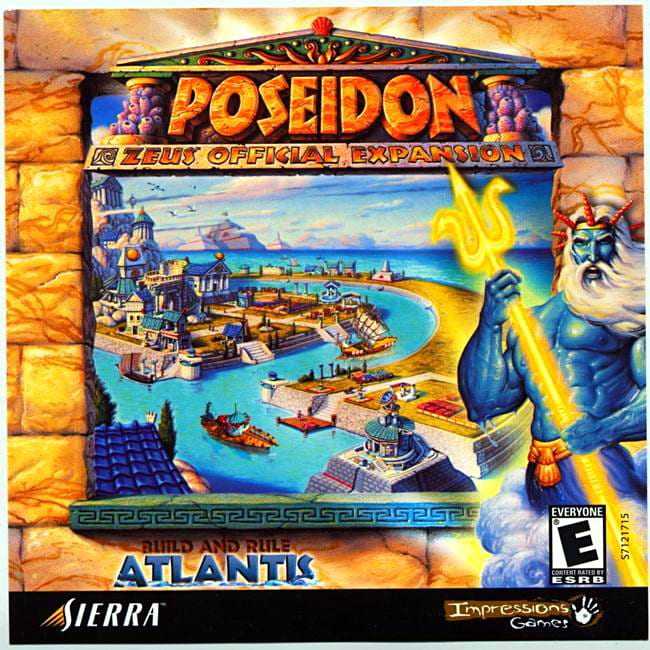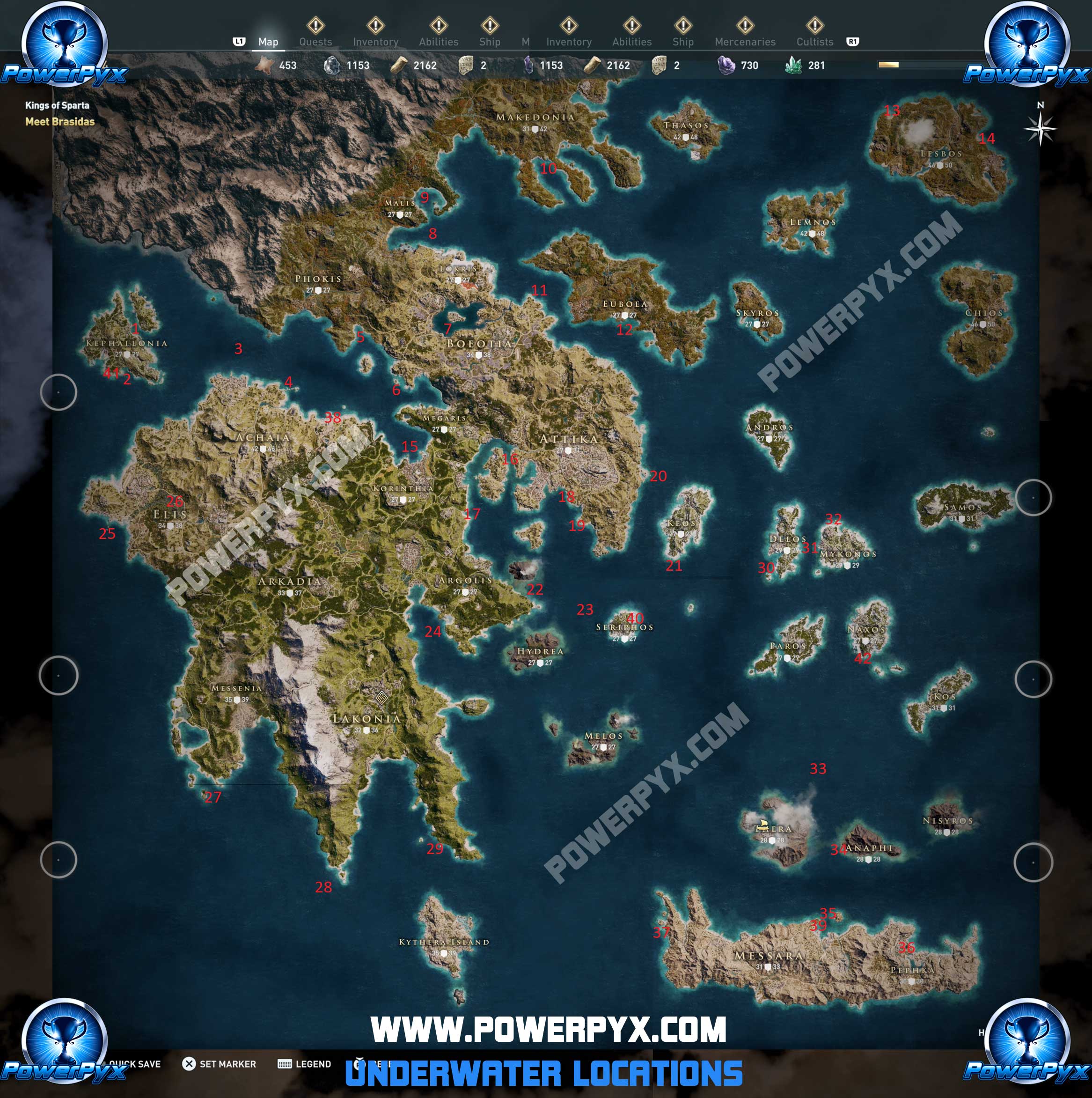

Quite the contrary, Atlantis is the embodiment of a materially wealthy, technologically advanced, and militarily powerful nation that has become corrupted by its wealth, sophistication, and might." As propaganda in Plato's morality tale, the Atlantis legend is more about the city's heroic rival Athens than a sunken civilization if Atlantis really existed today and was found intact and inhabited, its residents would probably try to kill and enslave us all.Īdams describes Donnelly "as the first great Atlantis fundamentalist, in that he believed that Plato's story was factually accurate outside of the supernatural elements like Poseidon." Donnelly sent a copy of his book to Charles Darwin, who found it interesting but unpersuasive - reading it, he said, "in a very skeptical spirit." Adams, after poring over much of Donnelly's materials, comes to a similar conclusion: "Donnelly was. In his book " Encyclopedia of Dubious Archaeology," professor of archaeology Ken Feder notes that in Plato's story, "Atlantis is not a place to be honored or emulated at all. Though today Atlantis is often conceived of as a peaceful utopia, the Atlantis that Plato described in his fable was very different. The story was first told in two of Plato's dialogues, the "Timaeus" and the "Critias," written about 360 B.C.

Unlike many legends whose origins have been lost in the mists of time, we know exactly when and where the story of Atlantis first appeared.


 0 kommentar(er)
0 kommentar(er)
